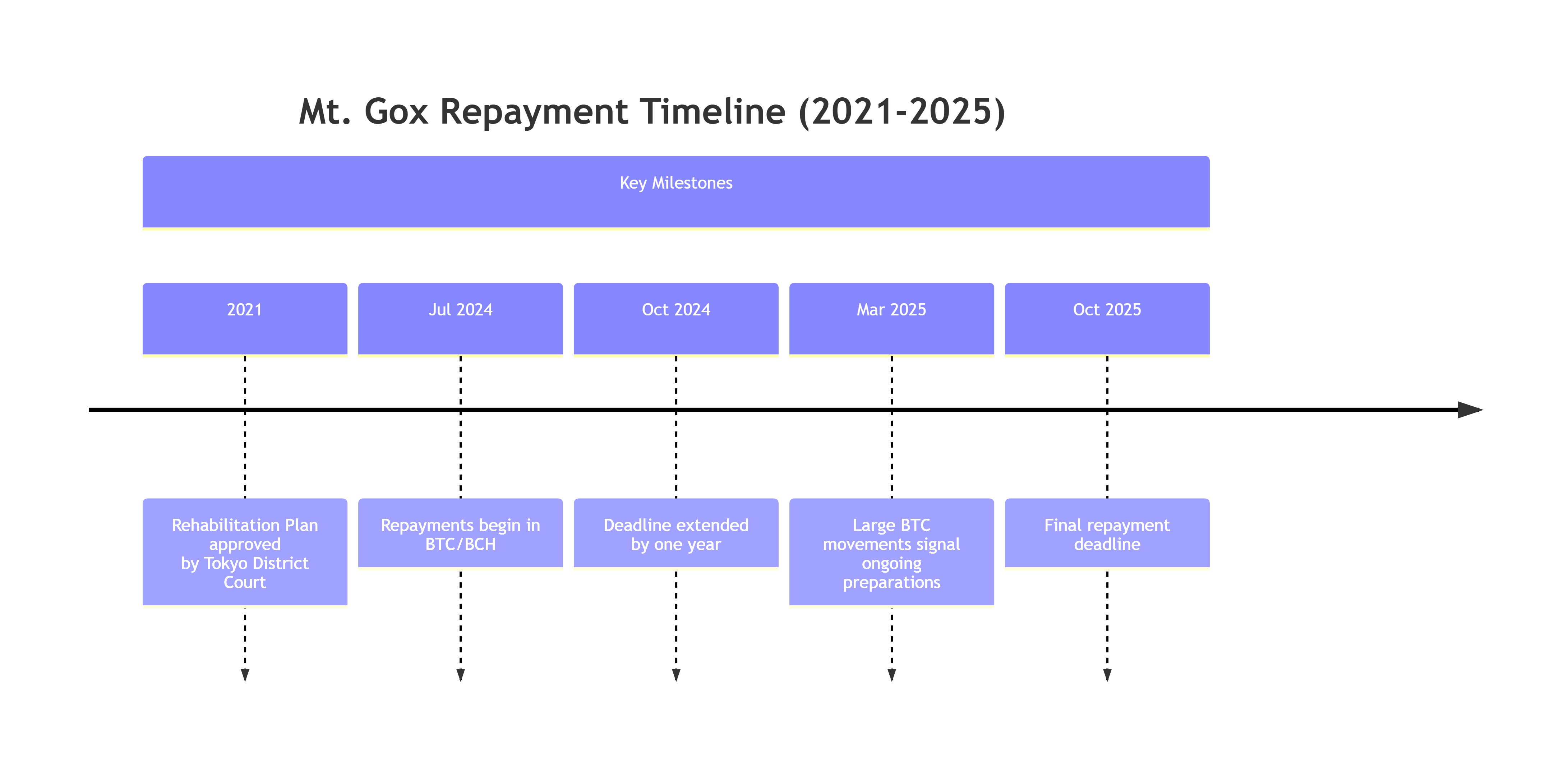Shaktikanta Das’ term as the Governor of the Reserve Bank of India (RBI) comes to a close on December 10. His tenure, marked by steady leadership through turbulent times, has ended with a familiar discord between the RBI and North Block. The recent point of contention was the central bank’s decision to keep key policy rates unchanged despite government pressure to lower them, aiming to counter slowing GDP growth.
Government vs. Central Bank: A Tale as Old as Time
The friction between the RBI and the government isn’t new. Over the years, a recurring theme has been the central bank’s fight to safeguard its autonomy, often clashing with the government’s economic priorities. This trend of turf wars extends well before Das’ time.
Governors like YV Reddy, D Subbarao, Raghuram Rajan, and Urjit Patel have all faced conflicts with their respective governments. The debates often revolve around interest rate cuts, with the RBI maintaining its stance on inflation control while the government pushes for economic growth.
A Familiar Scene: Government Push, RBI Pushback
Ahead of the December 8 monetary policy review, Union ministers urged the RBI to cut interest rates. Finance Minister Nirmala Sitharaman emphasized the importance of affordable bank rates to support industries in scaling operations. Similarly, Commerce and Industry Minister Piyush Goyal appealed for rate cuts to boost growth, urging the RBI to “look through food prices” when formulating monetary policy.
However, the RBI, prioritizing its mandate to rein in inflation, held the repo rate steady at 6.50%. This decision, while in line with the central bank’s objectives, has reignited discussions about the balance of power and priorities between the RBI and the government.
Historical Echoes: YV Reddy’s Experience
The challenges faced by Shaktikanta Das mirror those encountered by his predecessors. YV Reddy, who served as RBI Governor from 2003 to 2008, often clashed with then-Finance Minister P Chidambaram. One notable episode required intervention from then-Prime Minister Manmohan Singh to mediate. Reddy even offered an “unconditional apology” to Chidambaram at one point.
Reflecting on his tenure, Reddy acknowledged the government’s authority to issue directions but highlighted that the RBI’s autonomy is safeguarded by a mandate for consultation with the Governor before such directives are issued.
Final Thoughts
As Shaktikanta Das steps down, his tenure serves as a reminder of the delicate balancing act between the RBI’s autonomy and the government’s economic goals. This ongoing tussle underscores the critical need for collaboration and mutual respect between these two pillars of India’s economy.


